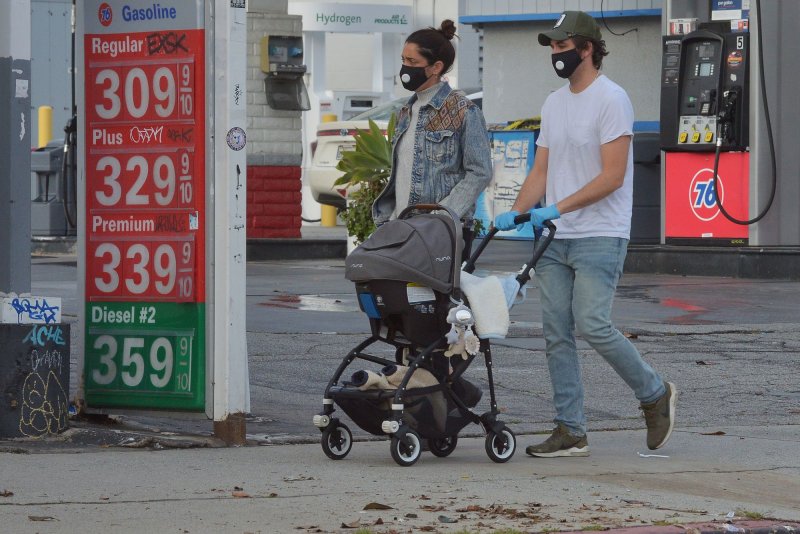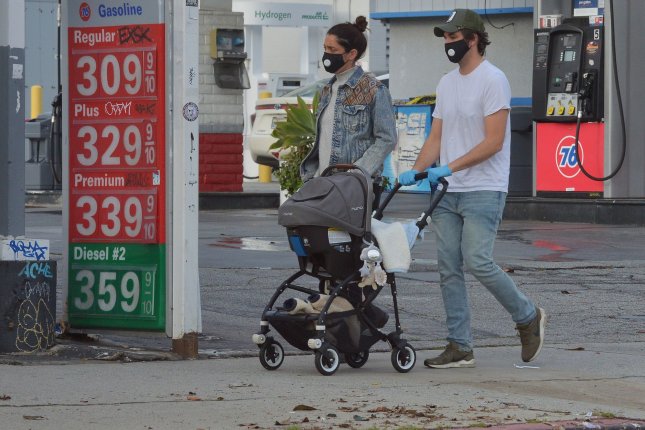March 16 (UPI) — The virus that causes COVID-19 can be passed from a pregnant person to their baby before, during and after childbirth, but such cases are “rare,” a study published Wednesday by BMJ found.
Less than 2% babies born to people infected with the virus also test positive, the data showed.
However, newborns are more likely to test positive when their mothers have severe COVID-19 or were diagnosed with the disease immediately after childbirth, the researchers said.
Still, vaginal births and breastfeeding do not increase the risk for COVID-19 in newborns, even when their mothers have the infection, according to the researchers.
“It is possible for the virus to be spread from the mother to baby while in the womb, during childbirth and after delivery,” study co-author Dr. Shakila Thangaratinam said in a press release.
“However, parents and healthcare professionals can be reassured that only a very small proportion of babies born to mothers [with the virus] test positive,” said Thangaratinam, a professor of maternal and perinatal health at the University of Birmingham in England.
The findings are based on an analysis of data on more than 14,000 babies born worldwide to pregnant people infected with COVID-19, according to the researchers.
Although babies can be infected at any time during pregnancy and delivery, highlighting the need for appropriate measures to reduce the risk for viral transmission, only 1.8% of those included in the study tested positive for the virus, the data showed.
All infections, in both pregnant people and their newborns, were confirmed using PCR testing.
However, because babies born to people with severe COVID-19 are more likely to test positive, they should be tested after birth and monitored closely, according to the researchers.
Pregnant people should also get vaccinated against the virus to prevent infection and severe disease, the researchers said.
Previous research has also found COVID-19 transmission from pregnant person to newborn is rare.
Recommendations from the World Health Organization also suggest that, given the low transmission risk, the benefits of breastfeeding outweigh any concerns about passing COVID-19 to newborns.
Future studies by the same researchers will explore the effects that different variants of the virus and vaccination have on newborns, they said.
In meantime, however, Thangaratinam said the new study shows “that the risks of infection to” for babies born to people with the coronavirus “are rare.”
“Mothers should also be reassured about the low risk of viral transmission through vaginal birth, skin-to-skin contact and breastfeeding, all of which should be encouraged,” she said.

